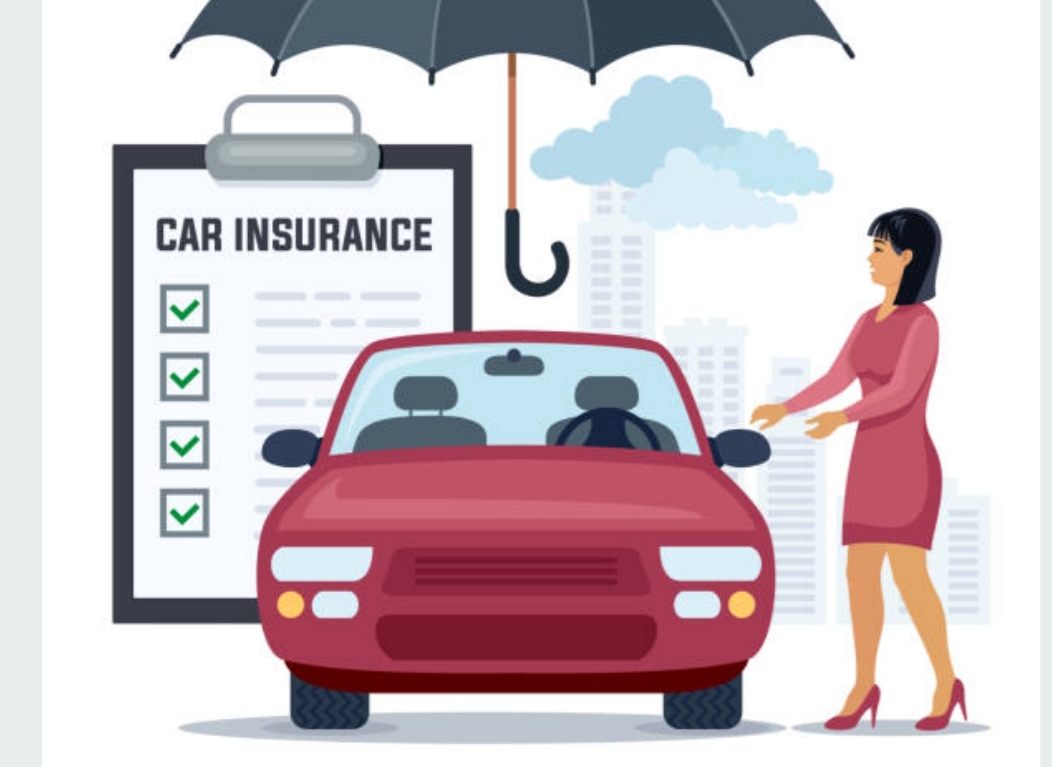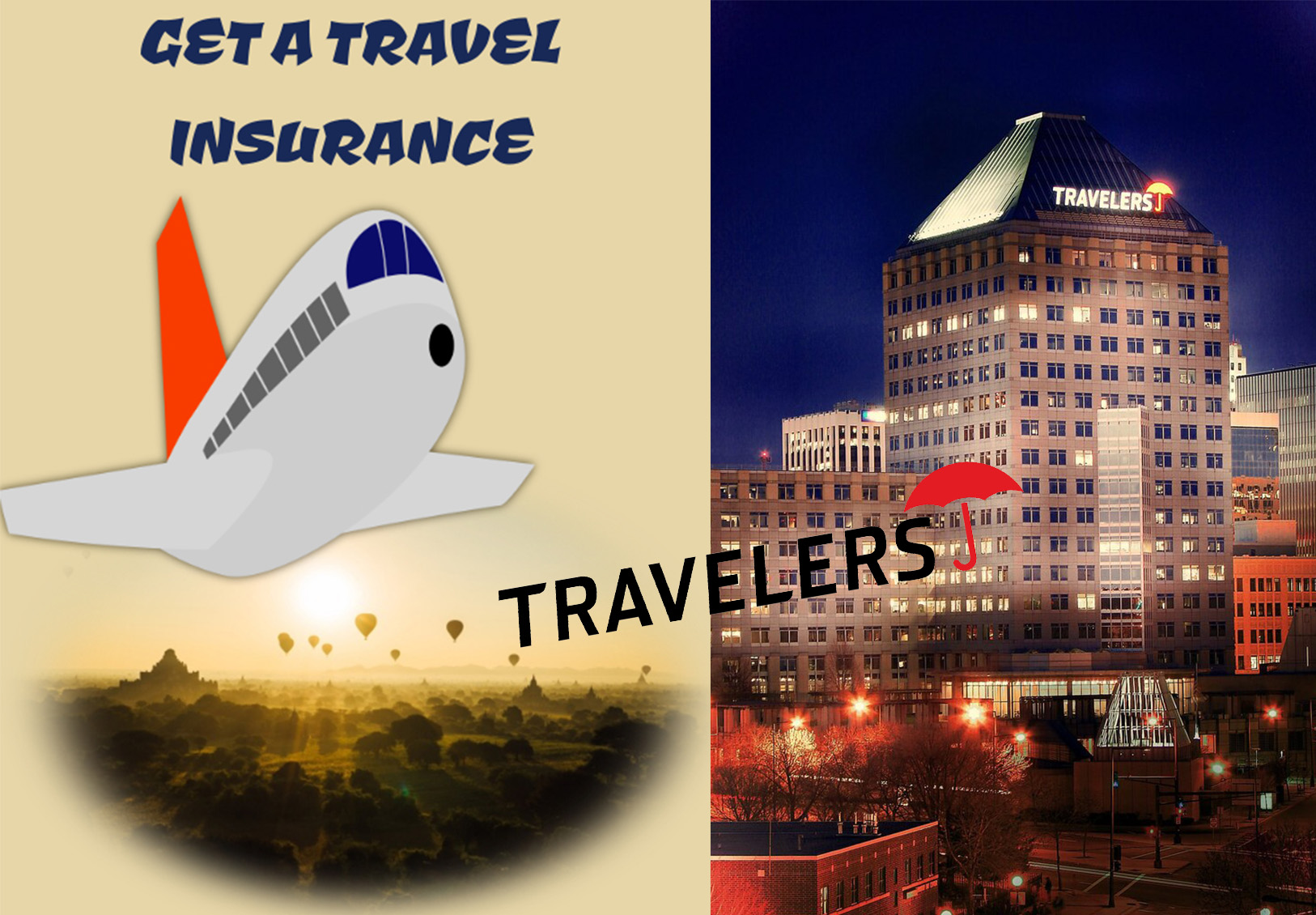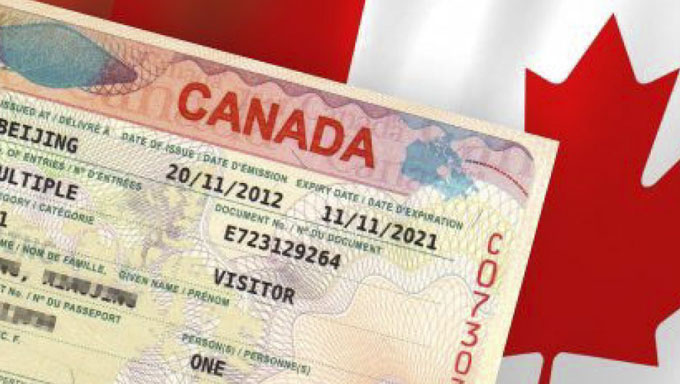How Car Insurance Operates in Canada: The legal framework governing how auto insurance functions in Canada is straightforward. Auto insurance is a legal requirement in Canada for everybody who drives a car. In all provinces and territories, it is required. If you are caught driving without insurance, you run the risk of having your license suspended, having your car impounded, and having to pay a significant fine.
How Canada Car Insurance Works
For a first offense, fines in Ontario, for instance, range from $5,000 to $25,000. A 25% victim fine surcharge is furthermore required, which amounts to an additional $2,500 for a $10,000 fine. $50,000 or more in fines may be assessed for a second violation.
Why is car insurance necessary in Canada?
If you own a car or any type of vehicle in Canada, you must have auto insurance. If you live in Canada and drive a car, you must have it.
Car insurance might defend you against:
- needing to pay for vehicle repairs if your automobile is damaged or involved in an accident.
- If an accident results in someone else’s car being damaged or someone else being hurt, you may be held liable.
Car insurance may also be referred to as property and casualty insurance by insurance firms. Home insurance, business insurance, and catastrophe insurance are also included in property and casualty insurance.
Who a car insurance policy in Canada covers
In the event of an automobile accident, your insurance may provide for:
- The chauffeur.
- All travelers.
- Other parties involved.
In several regions, accident victims who have their own insurance coverage are required to file a claim first. This includes injured passengers and other accident participants.
The primary driver is the one who operates the vehicle most frequently.
Other drivers in the home include those who might use the car on a regular basis, such as going to work or school. You must list additional drivers on your insurance coverage. Your premiums can go up if more drivers have a bad driving history.
Drivers who only occasionally utilize their vehicle are known as occasional drivers.
What a Canada Car insurance coverage covers
When you file a claim for a loss or an occurrence covered by your policy, the insurance company will pay you up to the maximum amount of coverage.
Required insurance protection
In all Canadian provinces and territories, drivers are required to carry insurance. The level of coverage required may vary by province.
Liability protection
Liability insurance pays for damages that your car causes to other people, such injuries or fatalities. It also includes any harm your car causes to other cars. If the cost of the losses or damage exceeds your liability limit, you will be responsible for the remaining balance of the settlement.
Your own car’s repairs are not covered by liability insurance. You might need to think about getting more insurance to pay for these expenses.
Insurance for bodily injury and accident benefits
In the event of an automobile accident, accident benefits will pay for your personal medical costs as well as any resulting lost wages.
You are enrolled in bodily injury insurance by default in Quebec. Your registration for a driver’s license includes the payment of premiums. There is no need for additional insurance for this.
Coverages For Car Insurance In Canada
You can also be eligible for further benefits under your auto insurance coverage.
Mandatory protections:
When it comes to required coverage, each province has its own laws and guidelines, although there are certain constants. All auto insurance policies sold in Canada must include the following:
- Third Parties Liability (TPL) – TPL will assist in paying the costs of lawsuits brought against you if you are at fault for an accident that results in someone being hurt, killed, or having their property damaged, up to the extent of your policy. The needed coverage must at least be $200,000, although most drivers choose at least $1 million. Known as Direct Compensation – Property Damage (DCPD) in Ontario, Quebec, Nova Scotia, New Brunswick, and Prince Edward Island. If you have DCPD coverage and are found to be at-fault for an accident, your insurer will reimburse repairs without requiring you to pursue compensation from the at-fault party.
- Uninsured Vehicle – This safeguards your finances in the event of a hit-and-run accident or in the event that an uninsured driver causes death or injury. Additionally, it protects against harm done to your car by a known uninsured motorist. In Canada, uninsured motorist coverage is required.
- Accident Benefits (AB) – Everywhere except Newfoundland and Labrador requires this coverage. No matter who was at blame for the accident, this coverage will cover lost wages, medical expenses, and even burial expenses if you pass away as a result of your injuries.
Optional protections:
While third-party liability, uninsured motorist, and accident benefits insurance are required by law everywhere in the nation, there are numerous extra optional coverages you may add to your policy to boost your protection for a fee.
Collision and comprehensive insurance are the two most common extra insurance options. In fact, if you borrowed money to buy a car in any other province, the lender (such a bank) will likely require them. They are mandatory in Saskatchewan and Manitoba.
- Collision Coverage: This covers repairs in the event that your car collides with another item or vehicle, regardless of who is at blame or who was driving it at the time. Collision insurance will aid in covering the cost of a replacement car if your car is too damaged to be repaired.
- Comprehensive Coverage: The expense of repairing damage from vandalism, theft, fire, natural catastrophes, and other risks is covered by comprehensive coverage, even when your automobile is parked and unattended.
- Specific Perils Coverage: You are financially protected from specific risks included in your policy (such as fire and earthquake) by having specific perils coverage.
- All Perils Coverage: The broadest type of insurance is All Perils Coverage. Both collision and comprehensive insurance are covered.
Endorsements:
To increase your coverage, you can add endorsements to your insurance. Here are a few of the most well-known recommendations:
- Loss of Vehicle Use – If you are in an accident and your car needs repairs, this insurance will pay for your transportation expenses.
- Damage to Non-Owned Vehicle – This insurance protects you if you damage a car that you have rented.
- Depreciation Waiver – If your car is spanking new, this is advised. It guarantees that in the event of a write-off, you will receive the entire worth of your car.
- Family Protection – This is relevant if you are in an accident with a driver who is either uninsured or has inadequate insurance to cover your claim.
- Accident Forgiveness – Some insurance providers provide this add-on. They won’t hold your first accident at fault against you if you purchase it.
How much coverage is necessary?
Aside from choosing which coverages to include in your policy, you also have to decide how much coverage you will need. Each province has a minimum required amount, but it’s not always enough. When deciding how much you will need, consider the value of your car, and the financial consequences of a serious accident. Given the vast amount of auto insurance coverage options available, it is important to do your homework ahead of purchasing a new policy to ensure you have the appropriate coverage types and limits. You’re encouraged to shop around and use our free car insurance comparison service to get several quotes tailored specifically to your needs.
Collision insurance
Collision insurance covers the cost of repairing or replacing your car if you hit another car or object. This is sometimes included with your mandatory insurance coverage.
Ask your insurance company what coverage your policy provides.
In Canada, comprehensive car insurance
The expense of replacing or repairing your car after suffering other sorts of loss or damage is covered by comprehensive auto insurance. This might comprise:
- Vandalism
- Scratching on your windshield
- Theft



